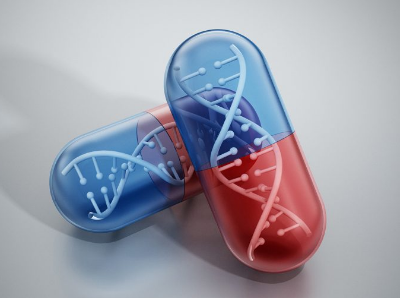1. Jacobson, M., & Jacobson, E. (2020). Introduction to Biotechnology: How Biotech is Changing Medicine. Springer.
2. Harvard Business Review. (2018). “How Biotechnology is Transforming Drug Development.” Harvard Business Review.
3. Doudna, J. A., & Charpentier, E. (2014). “The New Frontier of Genome Editing with CRISPR-Cas9.” Science, 346(6213), 1258096. Link.
4. Kohler, G., & Milstein, C. (1975). “Continuous Cultures of Fused Cells Secreting Antibody of Predefined Specificity.” Nature, 256, 495-497. Link.
4. Sambrook, J., & Russell, D. W. (2001). Molecular Cloning: A Laboratory Manual. Cold Spring Harbor Laboratory Press.
5, Noren, C. J., & Anthony-Cahill, S. J. (1993). “Protein Engineering: Improving Proteins and Processes.” Annual Review of Biochemistry, 62, 171-209. Link.
6. Sridhar, R., & Schürer, S. C. (2018). “Target Identification and Validation in Drug Discovery.” Drug Discovery Today, 23(6), 1235-1245. Link.
7. Sittampalam, G. S., et al. (2015). “High-Throughput Screening Assays and Drug Discovery: A Review.” Current Opinion in Chemical Biology, 24, 18-25.
8. Yamashita, S., & Kuroda, Y. (2016). “Biotechnology in Preclinical and Clinical Trials.” Journal of Clinical Pharmacology, 56(1), 27-38.
9. Hosseini, S. M., & Shahnazari, N. (2020). “Gene Therapy: An Overview of Current Technologies.” Gene Therapy, 27(8), 391-399. Link.
10. Stewart, R. J., & Hsu, P. Y. (2021). “Advances in Cell Therapy and Its Role in Drug Development.” Cell Stem Cell, 28(4), 530-544. Link.
11. Collins, F. S., & Varmus, H. (2015). “A New Era in Medicine: Personalized Health Care.” Science, 349(6255), 500-501. Link.
12. Landy, A. C., & Meyer, L. H. (2019). “Regulatory Challenges in Biotechnology Drug Development.” Regulatory Affairs Journal, 18(2), 112-121. Link.
13. Jasanoff, S. (2006). Biotechnology and Society: An Introduction. Routledge.
14. Baker, M. (2021). “AI in Drug Discovery: The Future of Pharmaceutical Research.” Nature Reviews Drug Discovery, 20, 160-161. Link.
15. Zhang, X., & Li, Z. (2020). “Biotechnology in Addressing Global Health Issues: A Review.” Global Health, 16(1), 45. Link.
16. Anderson, D. W. (2019). “The Future of Biotechnology in Drug Development: Trends and Predictions.” Pharmaceutical Research, 36(5), 1046-1054. Link.


